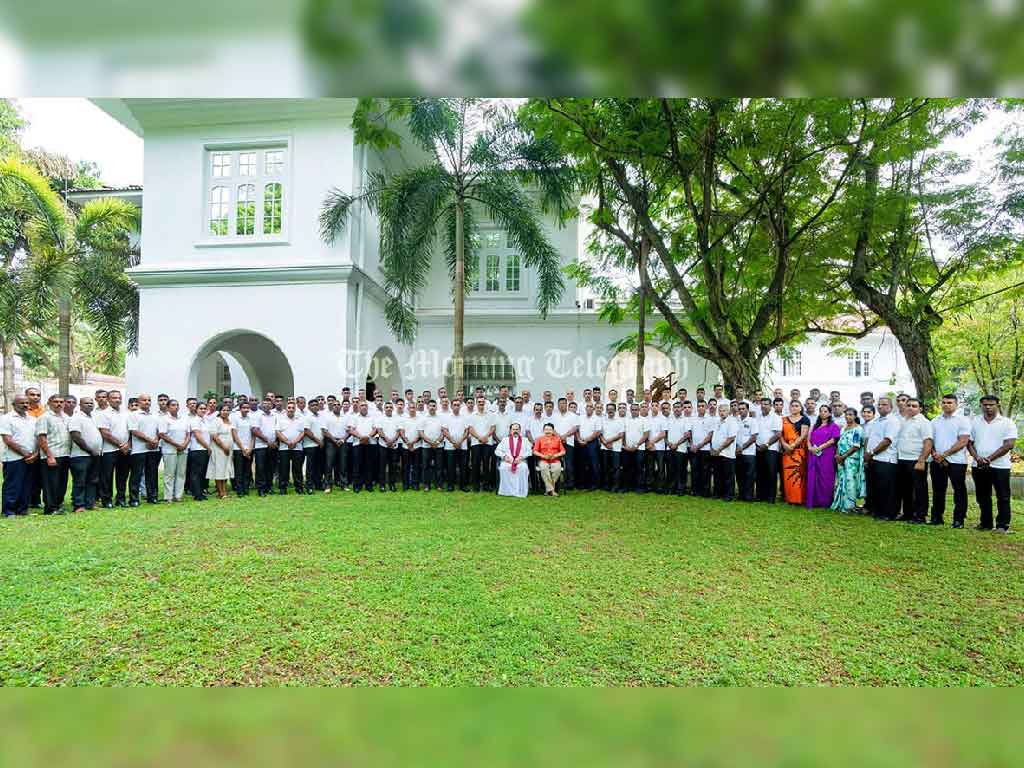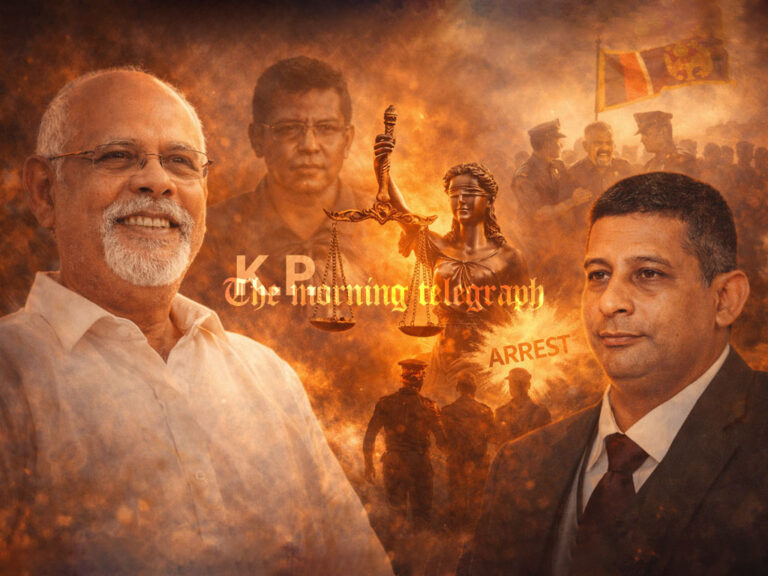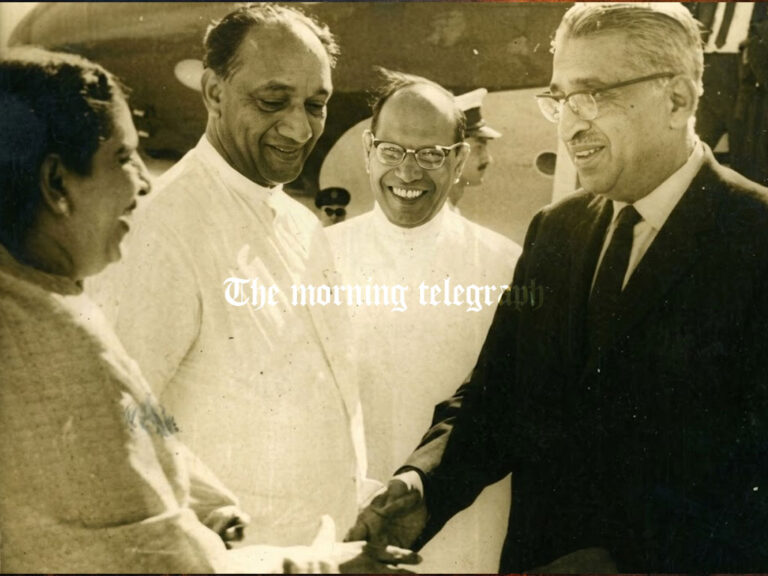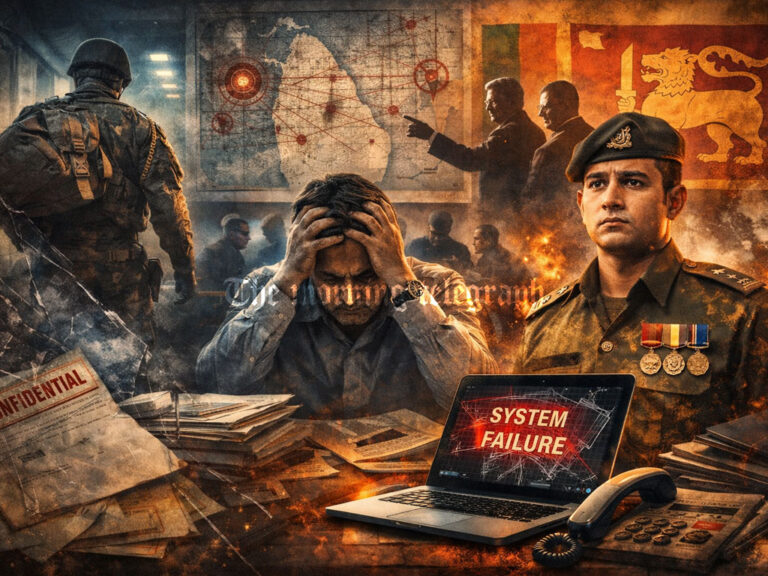
The Sri Lanka Police Media Division has issued a detailed statement addressing reports of reduced security for former President Mahinda Rajapaksa and other retired leaders. The revisions follow a government decision to curtail the privileges of former presidents, as outlined in its policy statement.
According to the Police Headquarters, providing security to all former presidents incurs an annual cost of over Rs. 1,100 million. Out of this, Rs. 326 million is spent annually on security arrangements for former President Mahinda Rajapaksa alone. These costs include deployment of police officers and members of the armed services.
The government-appointed committee tasked with overseeing VIP security recently reviewed threat assessments and expenditures. As a result, the number of police officers assigned to protect former presidents, including Mahinda Rajapaksa, has been capped at 60. The committee will regularly evaluate these arrangements and adjust the number of officers based on updated threat assessments. Armed services personnel continue to supplement the security provided to the former presidents.
The statement comes in response to circulating media reports suggesting that reductions in Mahinda Rajapaksa’s security may compromise his safety. Critics of the decision have claimed the government should bear full responsibility if any harm befalls the former president.
However, police clarified that the adjustments are part of a broader effort to reduce excessive spending on privileges for retired leaders. This decision aligns with the government’s policy to create a more accountable and cost-effective use of public funds.
The revisions have sparked mixed reactions, with supporters of Rajapaksa expressing concerns about potential threats, while others see the move as a necessary step to rein in unnecessary expenditures. The debate continues as the committee monitors the situation and prepares for further reviews of the security arrangements.
This decision reflects the government’s stance on reducing excesses in public spending while maintaining a balance between security and fiscal responsibility. Further developments are expected as the committee continues its assessments.




